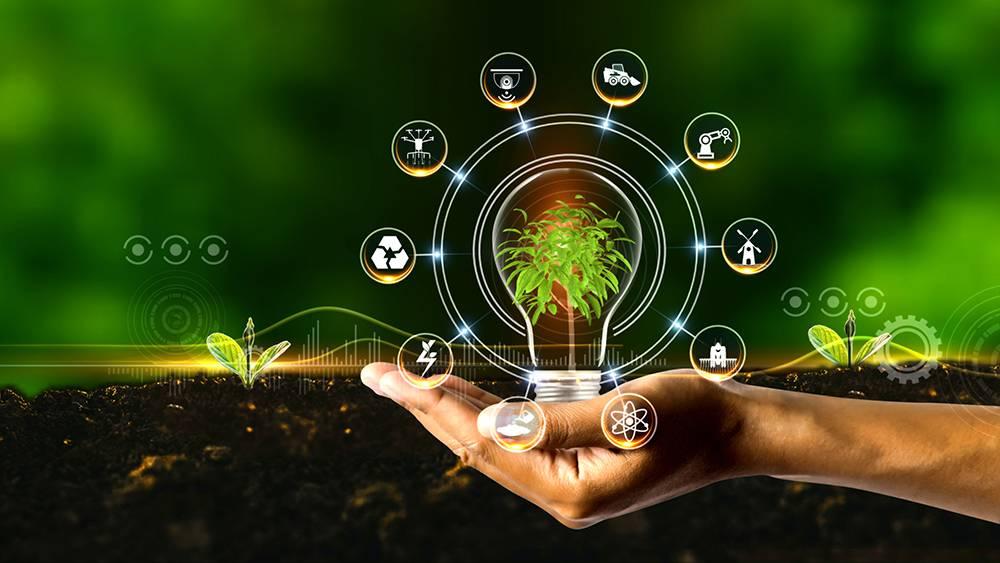Sheikh Mohammed Bin Rashed Boulevard
Dubai
Катар
Английский
The global efforts to realize the Sustainable Development Goals (SDGs) is now more evident than ever. Geopolitical tensions, intensified conflicts, economic shocks, increasing water scarcity, and frequent, extreme weather events have made delivering on the strategic roadmaps for food security even more challenging.
The agri-nutrients industry provides essential nutrients to the farming industry. In 2020, Nitrogen Fertilizers alone supported food supply to 3.6 billion people worldwide (48% of global population). Beyond this, agri-nutrients also supply essential plant nutrients, maintain soil fertility and health, support rising food production, improve crop yields, support agricultural research, improve farmers’ incomes and provide a stable source of employment. On the other hand, inefficient use of agri-nutrients can lead to adverse effects. These can be alleviated through education of farmers of nutrient stewardship, enhancing the use of technology as well as investing in research and development.
The GCC, as a major producer of essential agri-nutrients, scores relatively high on the Global Food Security Index, developed by the Economist Intelligence Unit. This is a result of stable trade policies. However, long-term concerns remain for the region that is highly dependent on imports of agricultural and food products. All six GCC governments are investing in developing the local agricultural sector in a bid to reduce dependence on imports.
The GCC agri-nutrients industry has environmental sustainability as a key priority. It measures, on an annual basis, its environmental performance and is making concerted efforts to reduce its impact on the environment through smarter use of its production facilities, enhancing the use of disruptive technologies, and developing new, more efficient products.

